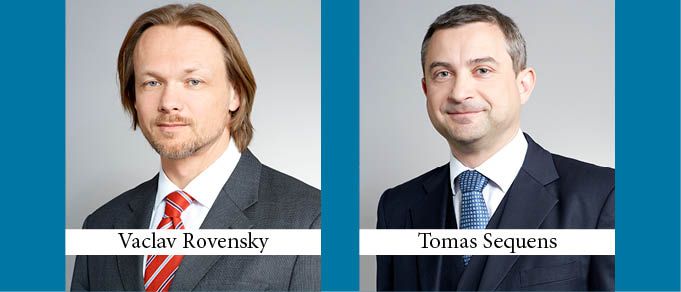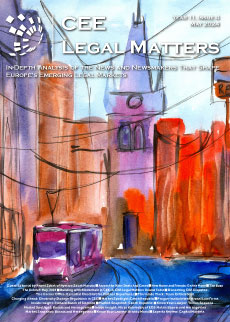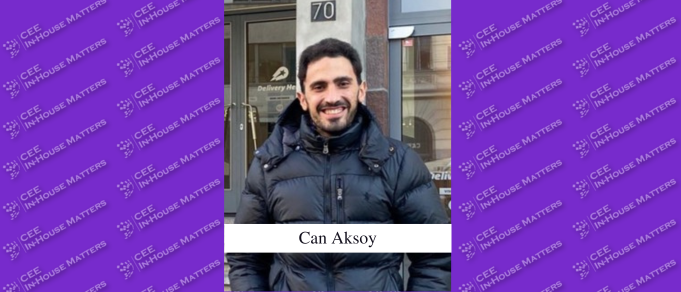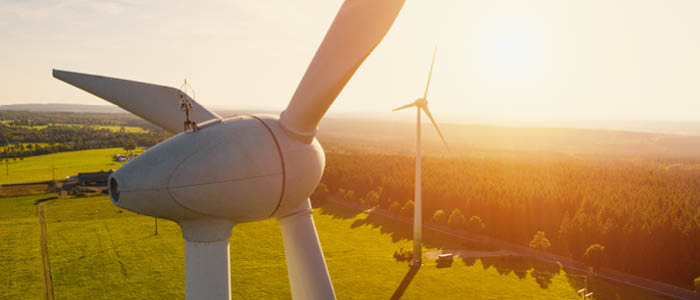During the last decade, Albania has undertaken several initiatives to liberalize the electric energy sector and increase local generation capacities. Such measures have created a lively market, especially in the renewal energy segment.
D4 Motorway PPP Coming to Market
It’s been quite a wait, but the D4 Motorway PPP project should be coming to market in April. The project will involve the design, construction, financing, operation and maintenance of a 36 km stretch of motorway between Pribram and Pisek in the south west of the Czech Republic, with operation and maintenance of an adjacent 16 km of existing motorway.
Liberalization of the Energy Market in Macedonia
Macedonia has started the process of liberalizing and privatizing the energy market as an obligation deriving from the Treaty establishing the Energy Community signed on October 25, 2005 in Athens (the “Treaty”).
Ukraine’s Energy Market: 2017 Year in Review
For various reasons, 2017 was a remarkable year for the electricity sector in Ukraine. Chief among them, no doubt, was the long-awaited adoption of the new law on the electricity market. Ukraine’s electricity market has been liberalized not only because of the country’s commitments under the EU Third Energy Package, but also as the benefits of competition became evident in the wholesale gas market. This liberalization started almost three years ago and is still on-going, though admittedly not without challenges.
Power Generation from Renewables in Hungary – What’s Next?
On the first anniversary of the introduction of Hungary’s long-awaited renewable energy support scheme (known as “METAR”), we look back at its first year and ahead to the future of renewable energy in Hungary from a legal perspective.
Upcoming Challenges for the Slovak Energy Market
The Slovak energy market is in a state of transition. Energy security continues to be a key driver of the country’s energy policy. Long characterized by its reliance on gas from the Russian Federation, Slovakia continues to seek alternative sources to supply its energy needs. To a large extent, the solution has been to invest billions into nuclear power, while the development of renewable energy sources (RES) has so far been slow.
Public Aid for Czech Green Energy Sources
Supporting the generation of electricity and heat from renewable energy sources has a long-standing tradition in the Czech Republic.
































